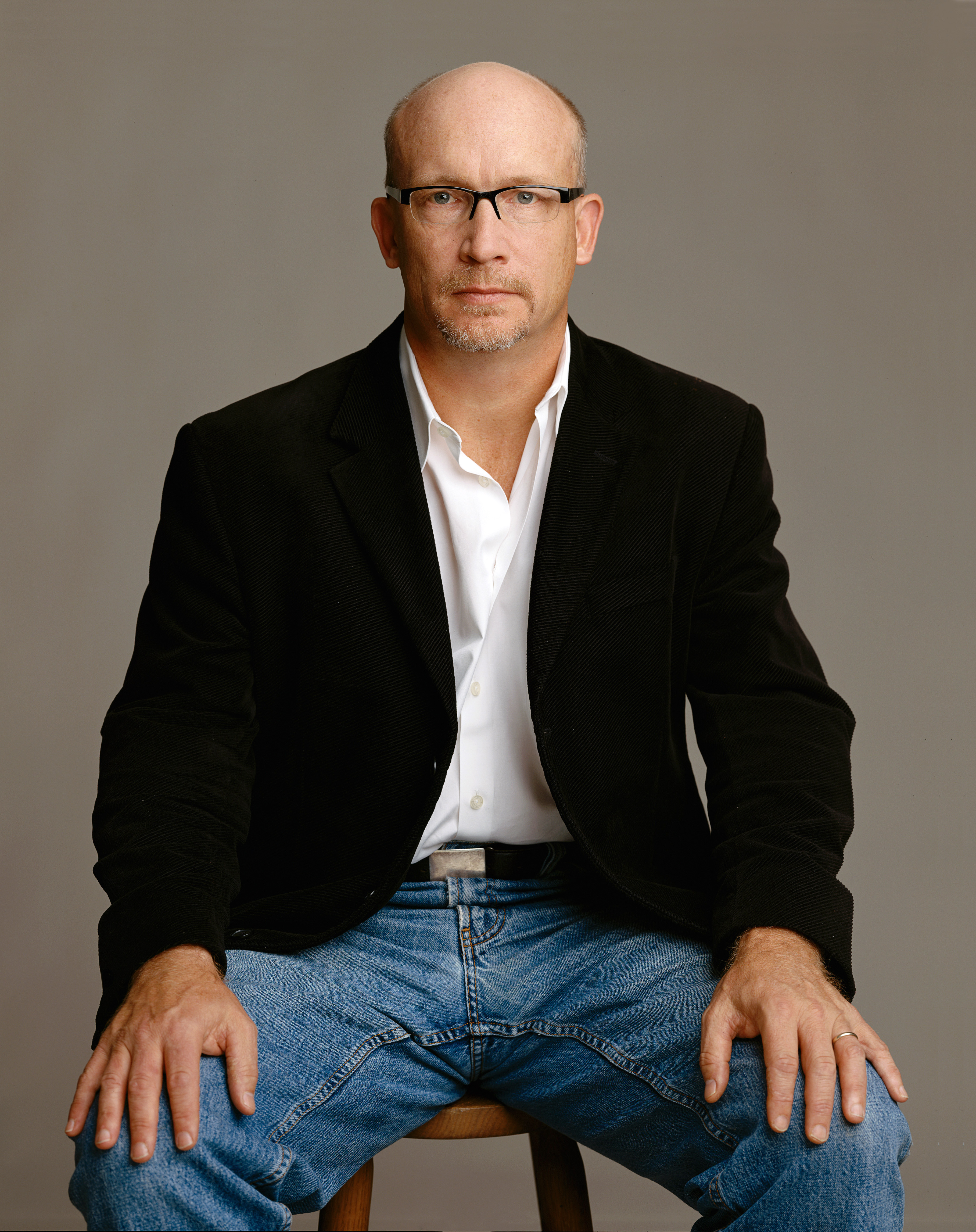In 2007, Alex Gibney and Eliot Spitzer were at the top of their respective worlds. Gibney’s latest documentary, “Taxi to the Dark Side,” about the use of torture by American interrogators, would go on to win the Academy Award for Best Documentary Feature. Spitzer, after crusading against major financial crimes as New York Attorney General, had been elected the 54th governor of the state, with his eye on the presidency.
But then came 2008, and the revelation that Spitzer was a client of the Emperors Club prostitution ring. Spitzer resigned two days later.
Gibney, meanwhile, an alumnus of the UCLA film school, has only extended his trajectory as a prolific, high-profile documentarian. This year alone he produced a segment of the film version of “Freakonomics” and released three features of his own, the third of which, “Client 9: The Rise and Fall of Eliot Spitzer,” hit theaters last Friday.
“It was just such a spectacular flame-out,” Gibney said of Spitzer’s downfall. “He had risen so high so fast, and then fell so fast and so far. … I thought there might be a story behind the story, and there was.”
In “Client 9,” Gibney explores the possibility that the enemies Spitzer made while attorney general, powerhouses of the financial world such as Ken Langone, former director of the New York Stock Exchange, and Hank Greenberg, former CEO of AIG, had their hands in the dismantling of Spitzer’s career. That focus represents a break from the sensational media coverage the scandal received at the time, which made a brief celebrity of escort Ashley Dupre and circulated the detail that Spitzer refused to remove his socks during intercourse, which Gibney disputes in his documentary.
“What Gibney did … is to say, “˜Yes, that’s true, this guy’s personal arrogance created his downfall, that’s obvious,’ but that there’s also a deeper undercurrent to the story,” said Ross Lenihan, a second-year graduate student in film and media studies.
“Client 9″ is the latest in a string of successful documentaries Gibney has released in the past five years, which, according to film professor Vincent Brook, align Gibney with a tradition of political documentaries that gained prominence in the 1980s with figures such as Michael Moore and Errol Morris.
Gibney is not strictly a documentarian, however; his interest in films of all kinds, he said, originated from the array of film societies he encountered during his undergraduate years at Yale University. And his time at UCLA film school did not point him necessarily toward non-fiction, he said, though it did turn him on to one of the more realistic aspects of filmmaking.
“It was very entrepreneurial,” Gibney said. “They taught you early on that you not only had to figure out what you wanted to say and how you wanted to say it, but how to raise the money too.”
Gibney went on to work for Samuel Goldwyn Films and take on odd jobs, but he said the experience that set him on the path toward his current success was his work as producer of the television series “The Blues,” which was executive produced by Martin Scorsese. His films now tend to reveal a curiosity in the political stories of the moment, a focus which, according to Brook, has the potential to be both a selling point and a liability.
“You choose these subject matters that are topical and controversial in some way … and of course that’s key to these kinds of documentaries,” Brook said. “How well they hold up over time is another question.”
“Client 9,” at least, may stay relevant for some time, depending on the success of Spitzer’s attempts at career rehabilitation; he currently hosts a talk show on CNN with journalist Kathleen Parker. And documentaries in general, at least according to Lenihan, will always have their place.
“People always have this curiosity and this desire to want to know what the real deal is, what reality is,” Lenihan said.
“That’s just an innate capacity and desire of humanity. … That creates a constant desire for documentary that I think will never go away.”
